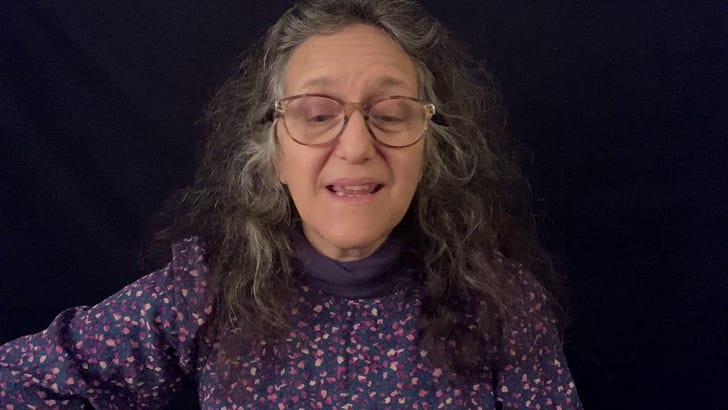I absolutely love the fact that there is this prayer in Judaism, Baruch Atah Adonai Eloheinu Mishaneh HaBri’ot, that translates loosely as Blessed is the One who has created creatures differently.
This prayer does not come from the Torah, but is mentioned in various parts of the Talmud, in Maimonides’ Mishneh Torah, and in the Shulchan Aruch by Joseph Caro from 1563. And it says it all I think – thank goodness that we are not all created exactly the same!
This of course is not an excuse to treat people differently, not an excuse for inequity or inequality, but rather a recognition and celebration, a sense of awe, that difference is wonderful, that variety is the spice of life. How different would the life experience of our loved ones’ with disabilities be if we were all walking around thankful that each of us is unique – and exquisite in that uniqueness.
I teach about the world of invisible disabilities – ADHD, ADD, ODD, OCD, Sensory Processing Disorder (SPD), Adverse Childhood Experiences (ACES), and mental health challenges – all experiences that create challenges for people in their daily life. All of these acronyms have a lived experience behind them, which affects people’s interactions with others and their resilience moving through their daily lives. But each of these conditions is invisible, and those walking alongside someone struggling with one of these conditions does not necessarily recognize a disability, because there are no physical cues to alert them. So often I have heard people say, “If I only knew that they person was struggling in that manner I would not have said what I said.”
If only we walked through the world thankful for difference, we might not judge someone for behaving in a way that seems off-kilter to us. We might offer a hand of understanding and compassion. We might change that person’s life by treating them the way we would like to be treated and celebrating that they are not the same as we are.
Here is a song version of this prayer, in Hebrew and English.
Note: for anyone with a hearing disability, the lyrics are all listed in the description below the video, and you can also press the CC button to get the captions. The CC does not always register the Hebrew!
Learn more about musician and educator Joanie Calem’s work here.


